Feeding Your Sphynx Cat: Diet and Nutrition Tips
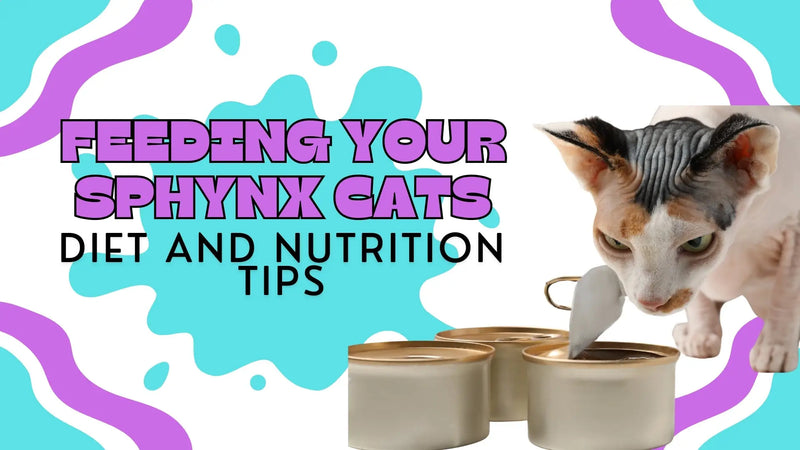
Introduction
Owning a Sphynx cat is a delightful experience, but it also comes with the important responsibility of ensuring they receive the right nutrition. These remarkable, hairless felines have distinct dietary needs that set them apart from other breeds. In this article, we’ll dive into essential guidelines for feeding your Sphynx cat, ensuring they lead a vibrant and healthy life.
Understanding the Sphynx Cat's Metabolism
High Energy Levels and Caloric Needs
Sphynx cats are notorious for their energetic personalities and playful antics. Their lack of fur means they burn calories faster to maintain their body temperature, making it vital to provide them with a diet that is not only rich in nutrients but also high in calories. Think of it as fueling a tiny, furry rocket—your Sphynx needs a robust source of energy to keep up with their lively lifestyle.
Protein-Rich Diet for Muscle Health
Proteins play a crucial role in the development and repair of muscle tissue, which is especially important for our active Sphynx friends. Including high-quality protein sources in their diet is essential for their overall well-being and will support their playful nature. Look for options that feature real meat as the primary ingredient—chicken, turkey, or fish are excellent choices.
Choosing the Right Cat Food
Opting for Balanced, High-Quality Commercial Cat Food
When selecting cat food for your Sphynx, it’s crucial to choose a reputable brand that offers a balanced blend of proteins, fats, and carbohydrates. Check the label for high-quality protein sources at the top of the ingredient list. This not only ensures they get the nutrition they need but also supports their energy levels.
In this matter, we offer you our guide, Nourishing Your Sphynx Kitten: A Guide to the Perfect Diet, to further enhance the best meal that you could give in order for your kittens to be strong and healthy both in body and mind.
Avoiding Harmful Additives and Fillers
Just as you would be cautious about what you put in your own body, the same goes for your cat’s food. Steer clear of brands that use excessive fillers, artificial preservatives, and coloring agents. These can lead to allergies and digestive issues, particularly in Sphynx cats, who may be more sensitive due to their unique physiology.
Homemade Diets: Pros and Cons
Pros of Homemade Diets
One of the joys of preparing food for your Sphynx is the complete control you gain over their diet. Homemade meals allow you to choose the freshest ingredients and cater to any specific dietary needs or preferences your cat may have. This personal touch can be incredibly rewarding!
Cons of Homemade Diets
However, crafting a balanced homemade diet isn’t without its challenges. It can be time-consuming and tricky to ensure that your Sphynx gets all the necessary nutrients. Consulting with a veterinarian or a feline nutritionist is a wise step to avoid nutritional deficiencies and ensure your cat’s health.
Special Considerations: Skin Health and Hydration
Maintaining Healthy Skin
One of the notable characteristics of Sphynx cats is their lack of fur, which can make them prone to skin issues. To help maintain a healthy skin barrier, consider incorporating omega-3 fatty acids into their diet. These beneficial fats can help keep your Sphynx's skin healthy and hydrated, reducing the risk of irritations.
Ensuring Adequate Hydration
Hydration is critical for all cats, but especially for Sphynx cats. Encourage them to drink plenty of water throughout the day. Offering wet cat food is a fantastic way to supplement their fluid intake while providing additional moisture in their diet.
Introducing New Foods and Handling Allergies
Gradual Introduction of New Foods
When it comes to changing your cat's diet, patience is key. Gradually introduce new foods to allow your Sphynx's digestive system to adjust and to monitor any potential adverse reactions. Pay close attention to how they respond—any signs of distress should prompt a return to their previous diet.
Common Allergies in Sphynx Cats
Sphynx cats may be sensitive to specific ingredients, such as certain grains or proteins. Identifying and avoiding allergens is essential for their well-being. Keeping a food diary can help you track any reactions and pinpoint potential allergens.
Conclusion
Feeding your Sphynx cat a balanced and nutritious diet is crucial for their overall health and happiness. By understanding their unique dietary needs and making informed choices about their food, you can help them thrive. If you’re eager to learn more about Sphynx cat nutrition and health issues, don’t miss our in-depth articles that provide even more insights and tips. Contact Us to learn more. Also, you can browse our related articles for grooming and the proper caring for your pets in our articles: 1.) Essential Sphynx Cat Grooming Tips: Bathing, Nails & More. and 2.) Sphynx Cat Care: Tips for New Owners
You want to own one? This is your time to adopt one. You can visit and Check Our Available Hairless Sphynx Cats for Sale and learn about our Adoption Process. Start your journey with us and do not miss out!
FAQs
-
What is the best protein source for Sphynx cats?
High-quality animal proteins such as chicken, turkey, and fish are excellent choices for Sphynx cats. -
Can I feed my Sphynx cat a vegetarian diet?
It’s generally not recommended. Sphynx cats thrive on animal-based proteins, which provide the essential nutrients they need. -
How often should I feed my Sphynx cat?
Feeding adult Sphynx cats two meals a day is typically recommended, while kittens may require more frequent feedings to support their growth. -
Are there specific brands of cat food that are better for Sphynx cats?
Look for reputable brands that list high-quality protein sources as the primary ingredient and avoid those with excessive fillers. -
How can I address my Sphynx cat’s skin issues through diet?
Including omega-3 fatty acids in their diet can help maintain a healthy skin barrier and alleviate some common skin issues.

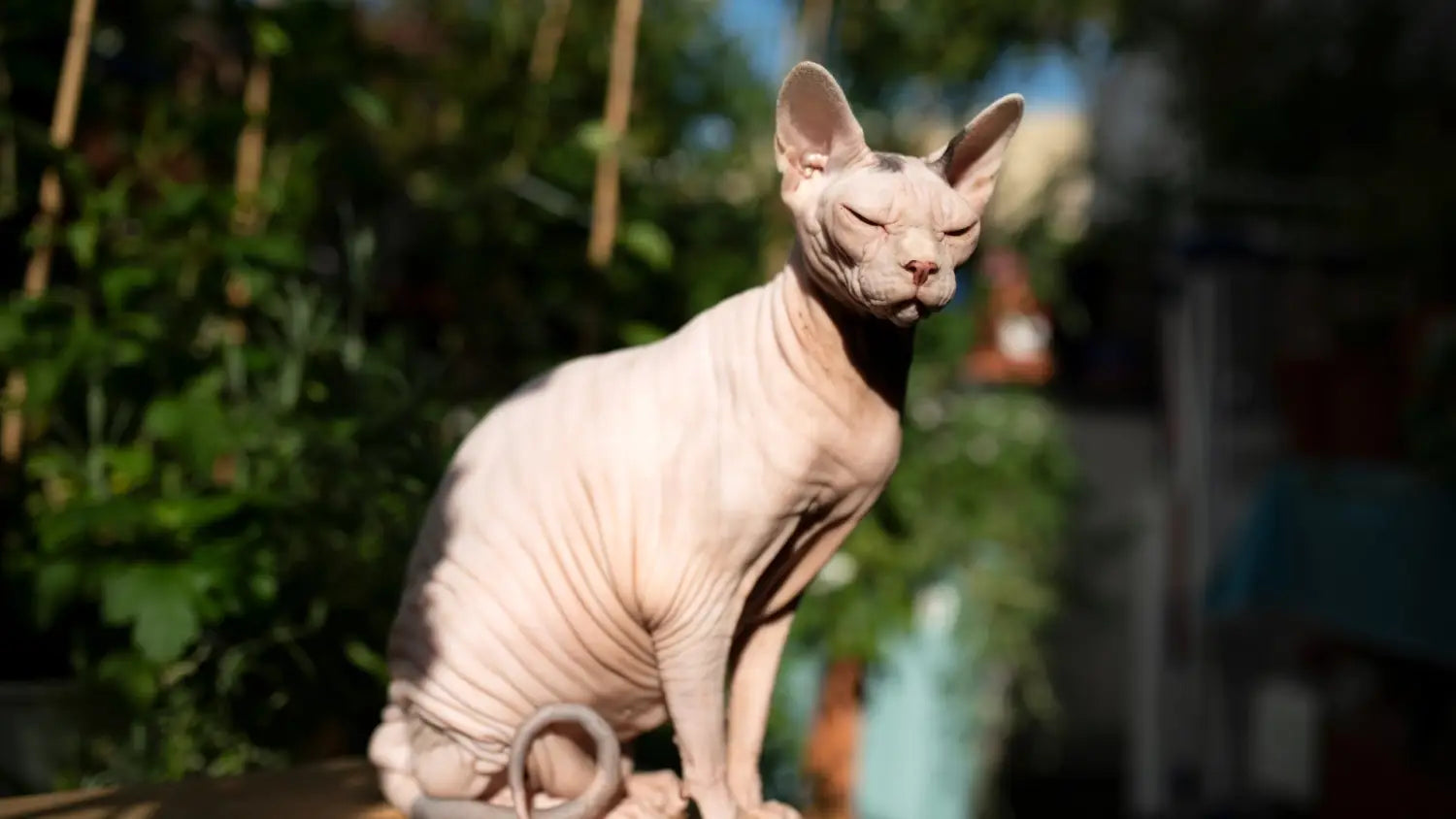
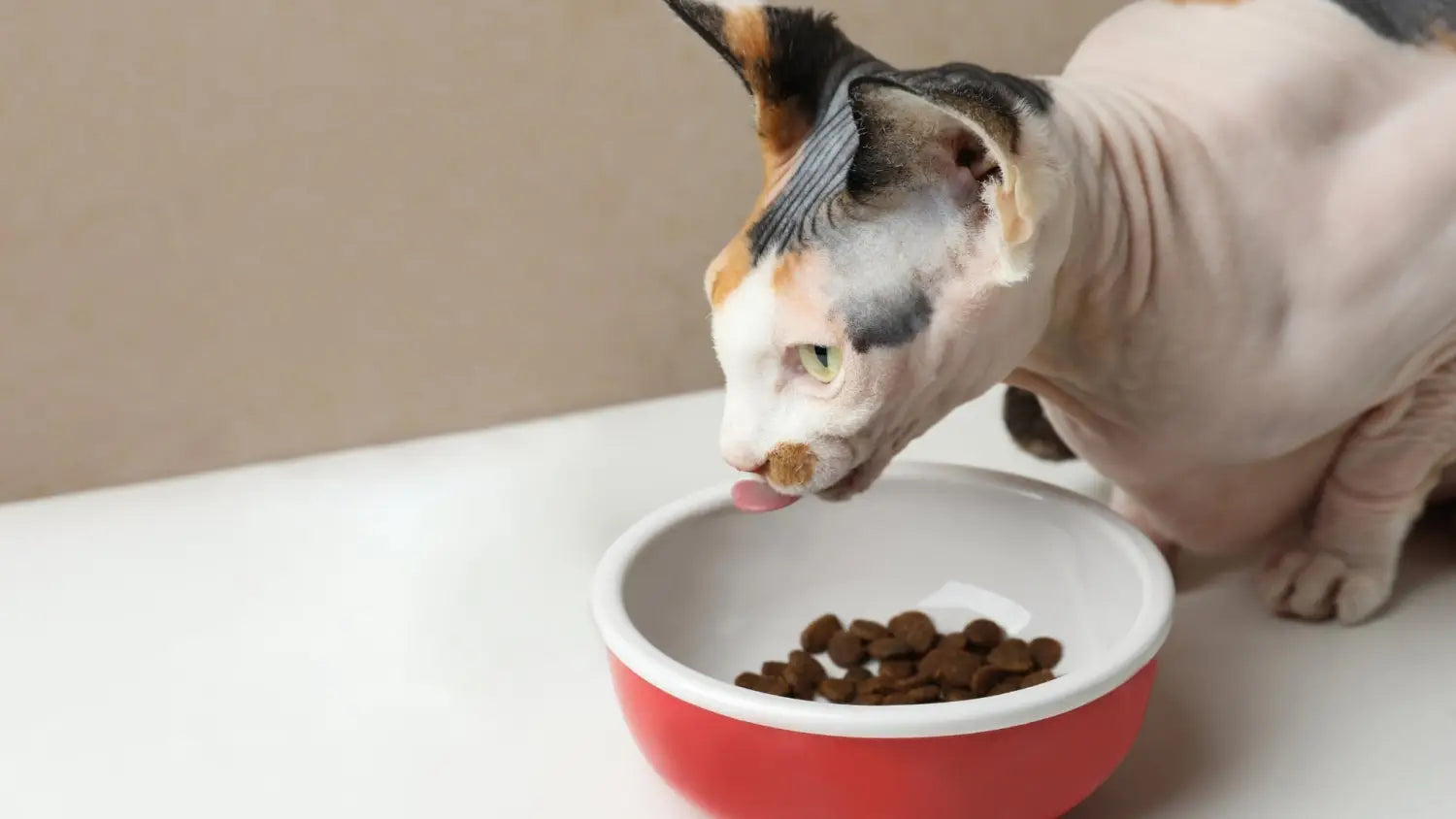
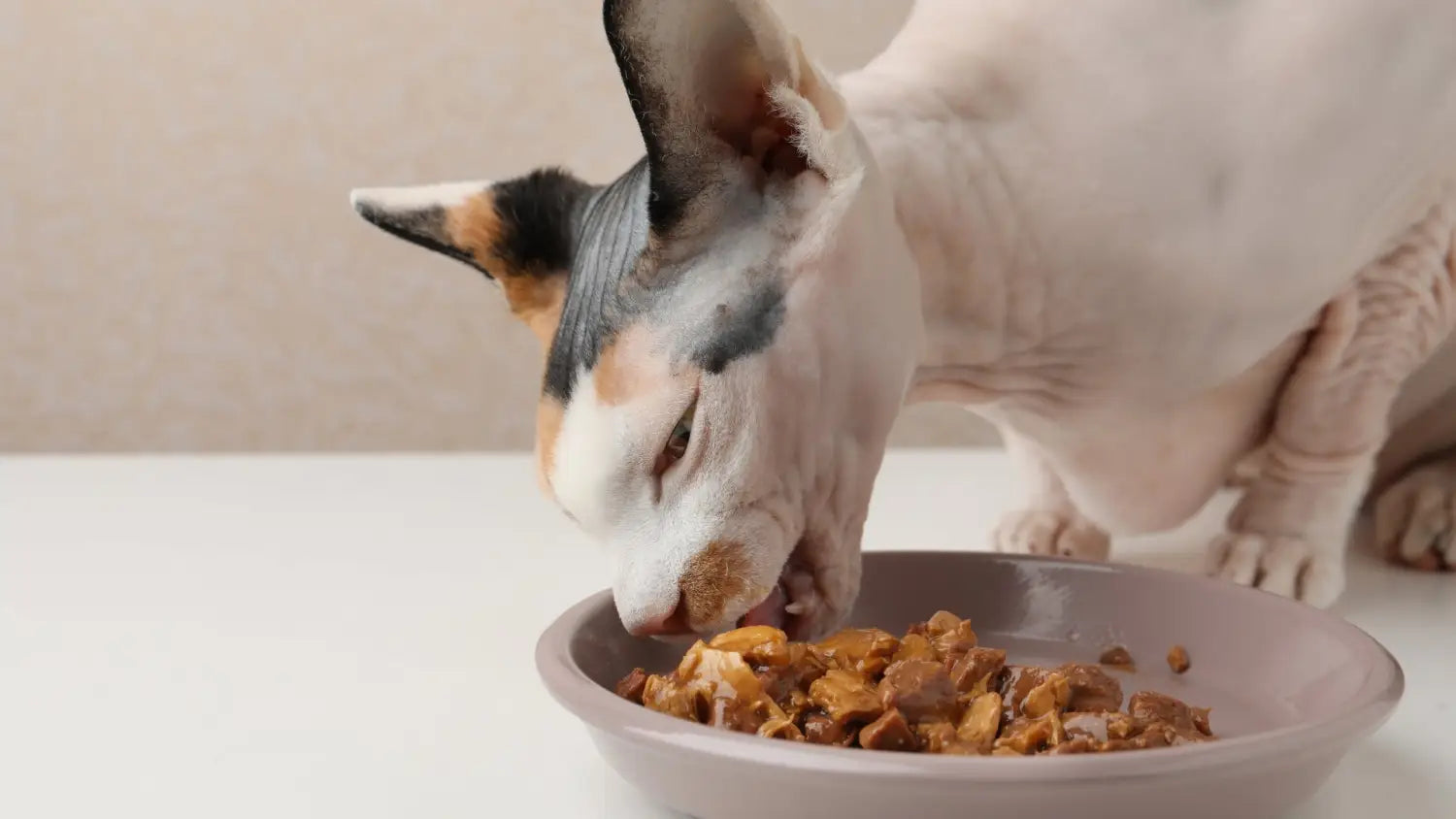

























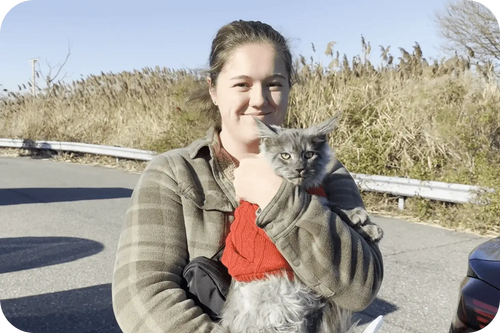
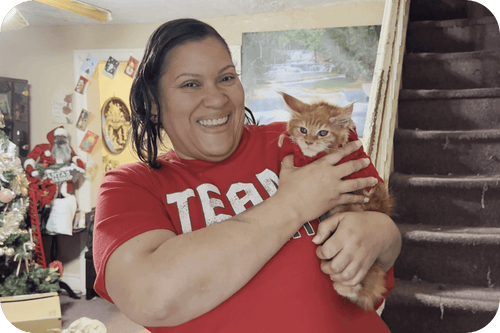
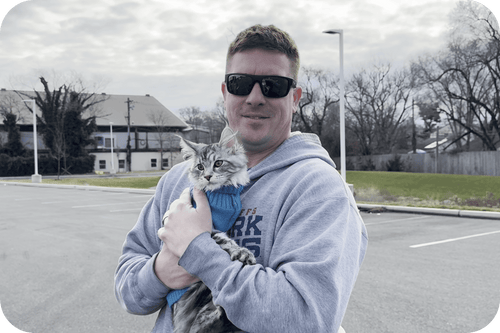











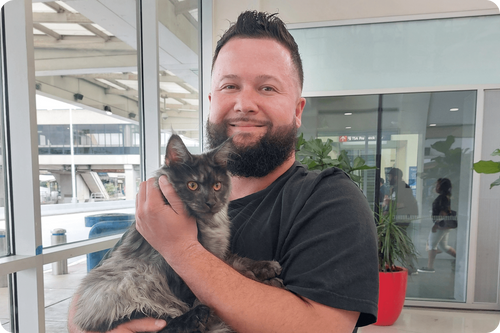











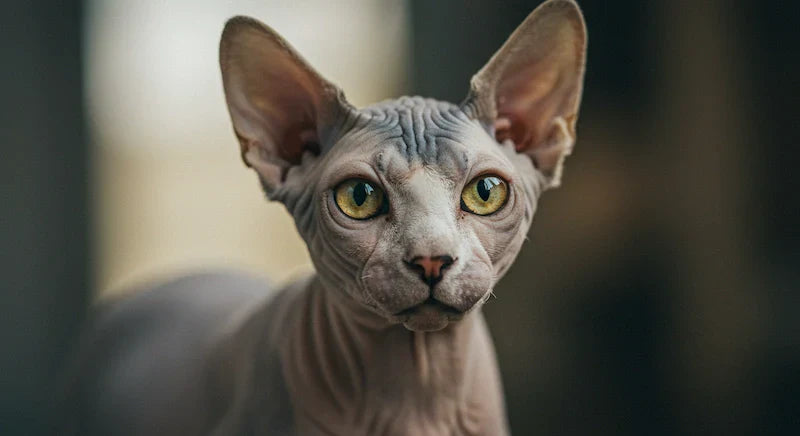
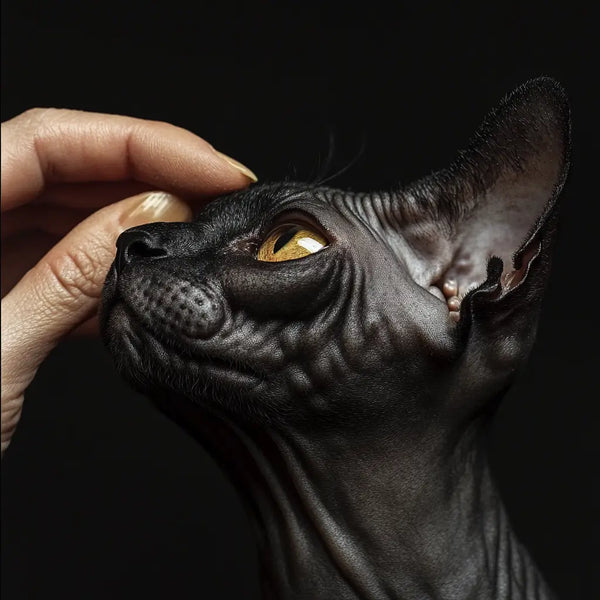

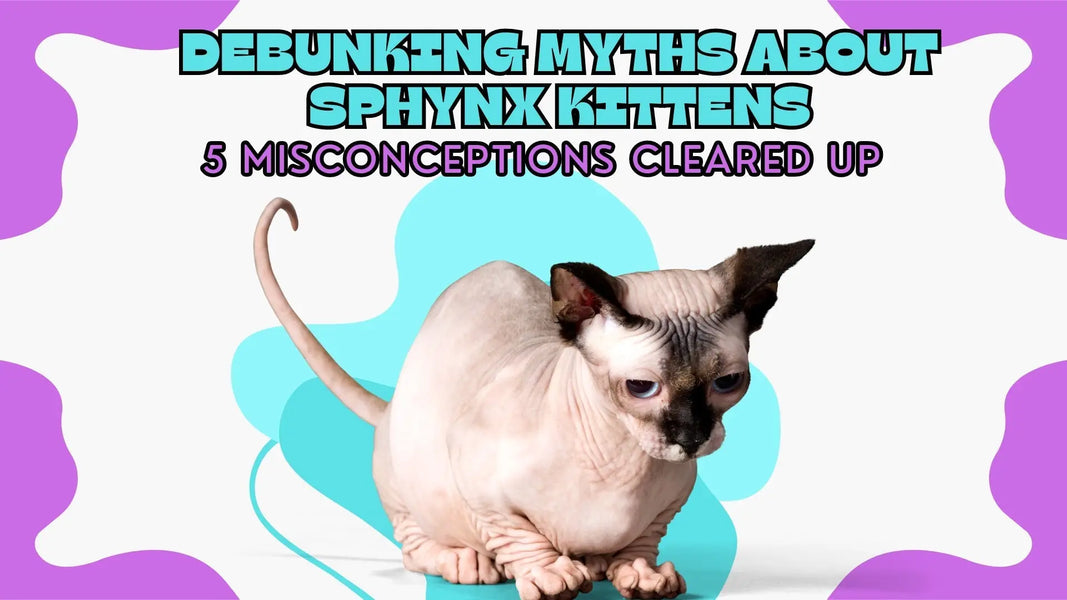
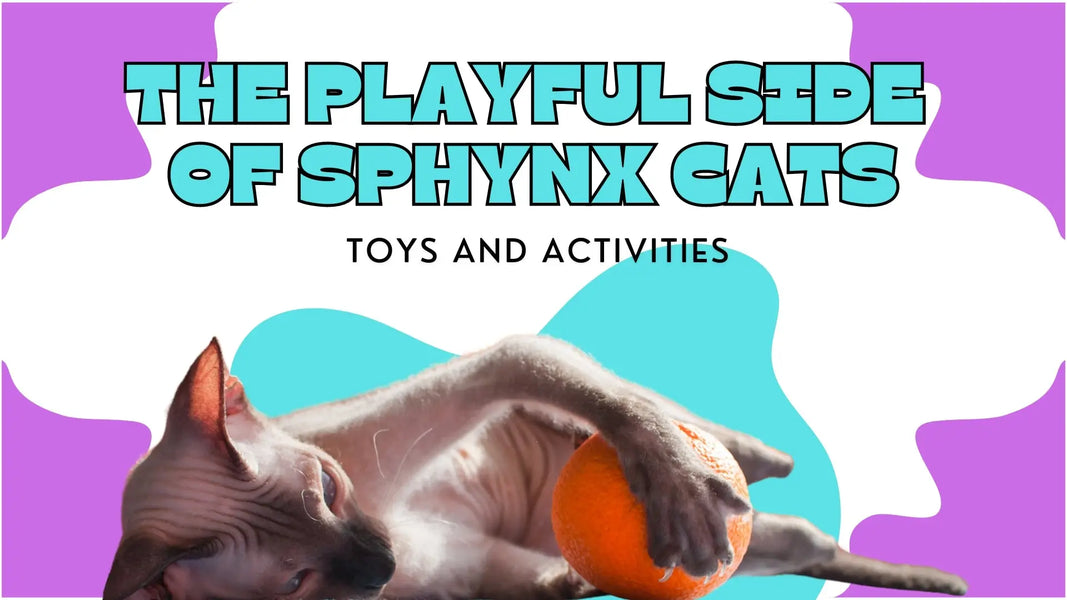




Comments(0)